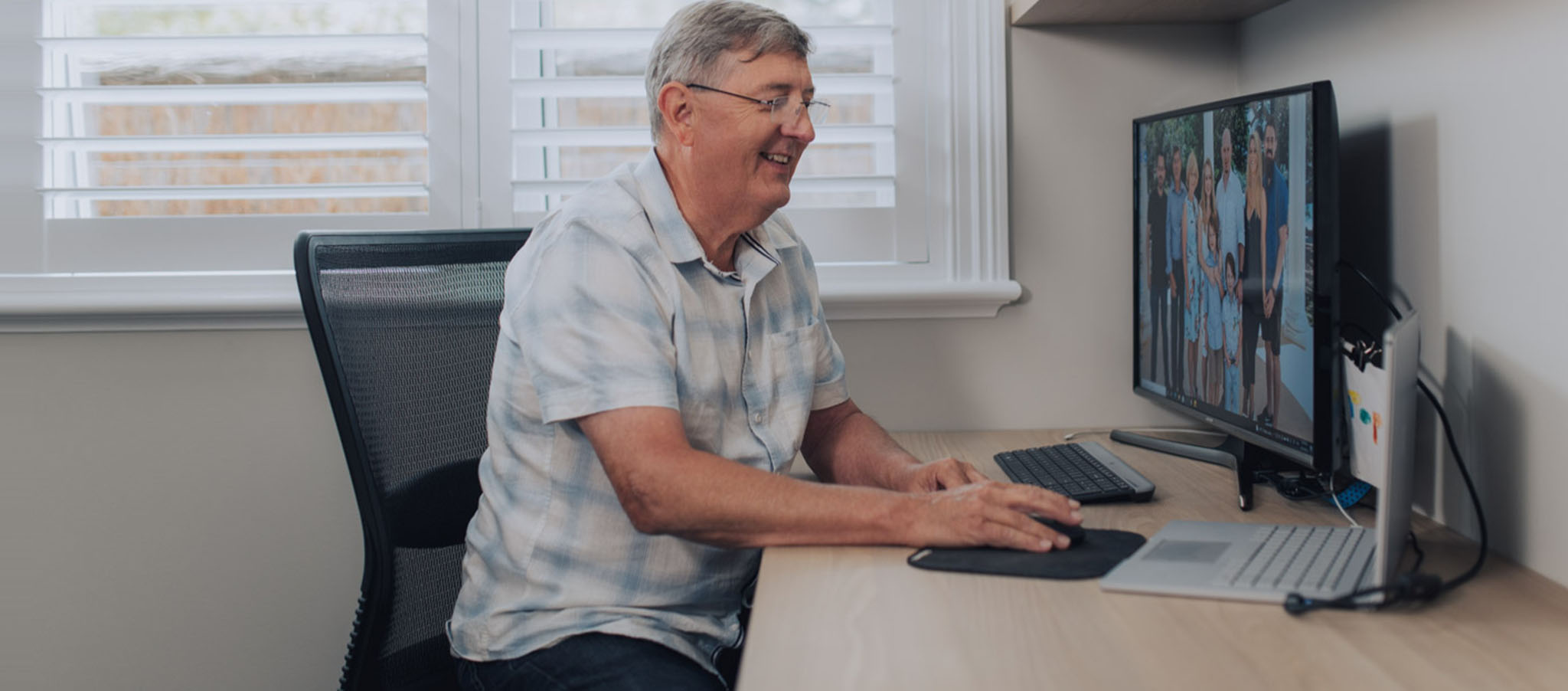“Most people I come across for the first time would not think that I have too many cognitive issues, mainly because I look physically fit and active.”
“I think that I am also privileged to have a fair bit of cognitive reserve to call on, but I try to explain to people that life is like living with a slow computer with an irreparably damaged hard drive and dial up internet as a brain making it difficult to perform memory, language and executive processing skills.”
Scott struggles with disorientation and has difficulty processing conversations with groups of people so tries to avoid larger social situations with unfamiliar people. Initially, Scott avoided joining in conversations, but since working with his neurologist and speech pathologist, he now has the confidence to speak up.
“Some of my golf buddies used to call me a nick name ten minutes behind as I was always ten minutes behind the conversation, but this has now changed to five minutes behind since I have been under the care of my neurologist and medical professionals.”
Today, more than 55 million people worldwide are living with Alzheimer’s disease and related dementias and these numbers are growing rapidly.2 Dementia mate wareware is anticipated to impact more than 170,000 New Zealanders by 2050.5 Every family is at risk of having Alzheimer’s disease affect a loved one.
Scott believes that receiving the diagnosis was a positive thing as it was from there that they could start navigating living with Alzheimer’s disease.
“I was more than a bit shocked that this has happened to us but all we can do now is to make sure we live the best life possible while we can as we know that the condition is going to deteriorate at some stage as dementia is a progressive condition.”
Scott continues to be monitored by his healthcare team at the memory clinic and is also involved in university research and education to improve outcomes for people living with Alzheimer’s disease and provide speech therapy students practical experience with Alzheimer’s disease.
